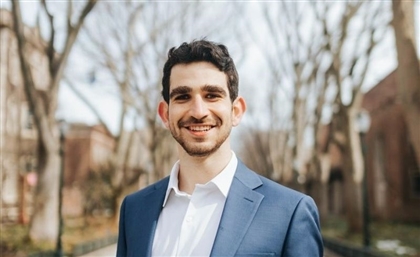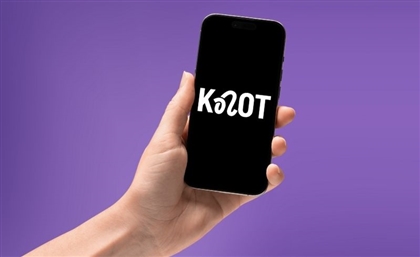Why Should Investors Give Social Startups A Chance? GESR Has The Answer
Can MENA-based businesses do well while doing good? We speak with GESR's Investment Manager Neveen Badr, and Angel Investor Khaled Ismail about investing in startups and enterprises with a social edge.
There's a thin line between social enterprises and non-governmental, or non-profit organisations. To the misfortune of most business models revolving around social impact, they often get mixed up or put in the same basket with NGOs and nonprofits - driving investors and venture capitals away. That is when GESR comes in handy for social startups. Thanks to the incubator's connections and experience within the field, GESR is able to attract investors to pump money in these yearning startups to grow.
"This is a controversial topic that is always raised framing those who claim they own social startups that their businesses e sustainably usually depends on aids and external funds," GESR's Investment Manager Neveen Badr tells Startup Scene ME. GESR is a technological incubator supporting social innovators to turn their ideas into realities, and to produce and test their prototypes. Badr adds that the social edge in any business creates a barrier between social startups' founders and potential investors, since investors always look for direct returns and they do not put much weight on social impact created by their businesses.
As a technological incubator affiliated with Misr El Kheir Foundation, GESR supports tech startups solving grassroots challenges in water, energy, food, health, and education. Since its foundation, what distinguishes GESR is its focus to establish startups with a social impact and at the same time are able to generate profits to sustain their businesses. By doing this, GESR is able to balance the equation between monetary and social returns attracting investors to complete the startups' journeys.
We speak to Khaled Ismail, the CEO and Founder of KIangels and a shareholder in three of GESR's startups, about his approach in investing and the criteria on which he chooses the startups he wants to pump money in. Ismail seeks to invest in strong teams that are able to identify a clear problem and come up with simple solutions that are demanded in the market. The teams should also enjoy a clear competitive edge for the product or service to survive. He likes to invest in startups when they are in their post-ideation stage, where each team is able to at least validate its idea.
I usually find these criteria in startups which graduated from incubation or acceleration programmes. That is why each of the startups I invested in definitely meets these criteria.

Khaled Ismail, founder of KIangels and HIMangel, is known for his selective approach to startups.
In Egypt's entrepreneurial circles, Ismail is known for his selective approach to the startups he chooses to pump money into. Ismail explains that he invests using the triple PPP conceptual strategy; people, planet profits. "The startup should be able to generate profits to ensure business sustainability, create jobs to serve people and finally positively impacting the planet," he says.
However, I am not convinced of social entrepreneurship as a terminology, as it does not have a clear definition or boundaries and it always implies it is not a business aiming for profits, putting more weight on the social side, which in the end turns into philanthropy rather than a scalable business.
Three of GESR's startups were able to meet Ismail’s criteria: Mogassam, Chitozan Egypt, and Bermoda. Founded in 2015, Mogassam is a locally developed 3D printing technology, serving dental and other medical applications that are affordable and tailored to market needs. It is a 3D printer manufacturer that produces DLP 3D printers for dental applications. Since their launch for Dent1in 2017, Mogassam has reached the biggest market share in Egypt's Digital Dentistry Sector by the end of 2017. The reason behind their success, according to their website, is their competitive edge in technical support and customer-driven development, as well as providing the most affordable 3D printer with highest quality available in the market.
As the name suggests, Chitozan Egypt is an emerging biotechnology company in the chitosan sphere specialised in chitosan manufacturing and its application with a high quality and low price. Bermoda is a social startup based in the Upper Egyptian city of Qena, and founded in January 2016. Bermoda converts agricultural waste into high-quality, eco-friendly organic fertilisers by applying aerobic composting of agri-waste using bacteria with the purpose of adding nitrates and phosphorus and providing ideal conditions for the process of decomposition.
GESR opens the opportunity to social entrepreneurs to apply for its 4th Incubation Cycle, which is available for teams with innovative prototype or MVP solving a social problem in water, energy, food (agriculture), health, or education. GESR aims to help entrepreneurs take it to the next level, and turn their ideas into a go-to-market product. You can apply here.
Main photo by @MO4Network's #MO4Productions.
The content of this article is sponsored.
Trending This Month
-
Jan 19, 2026




















